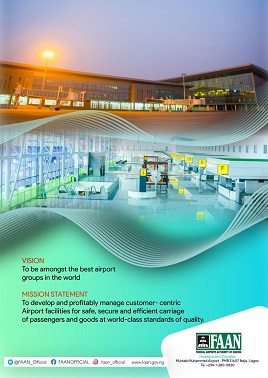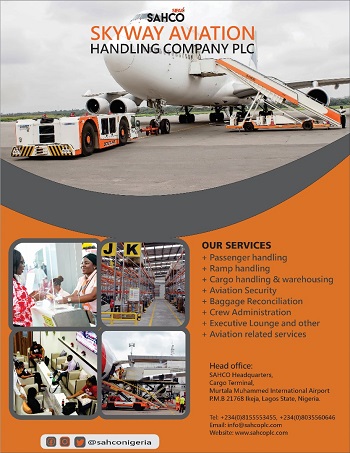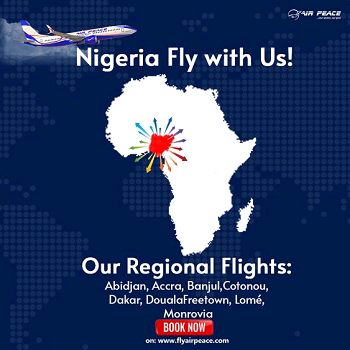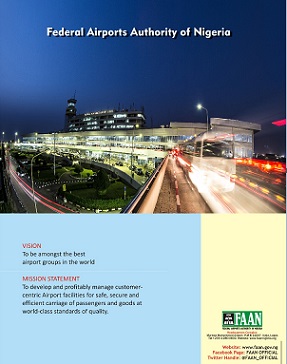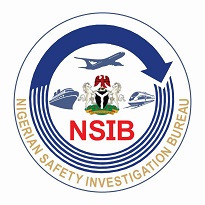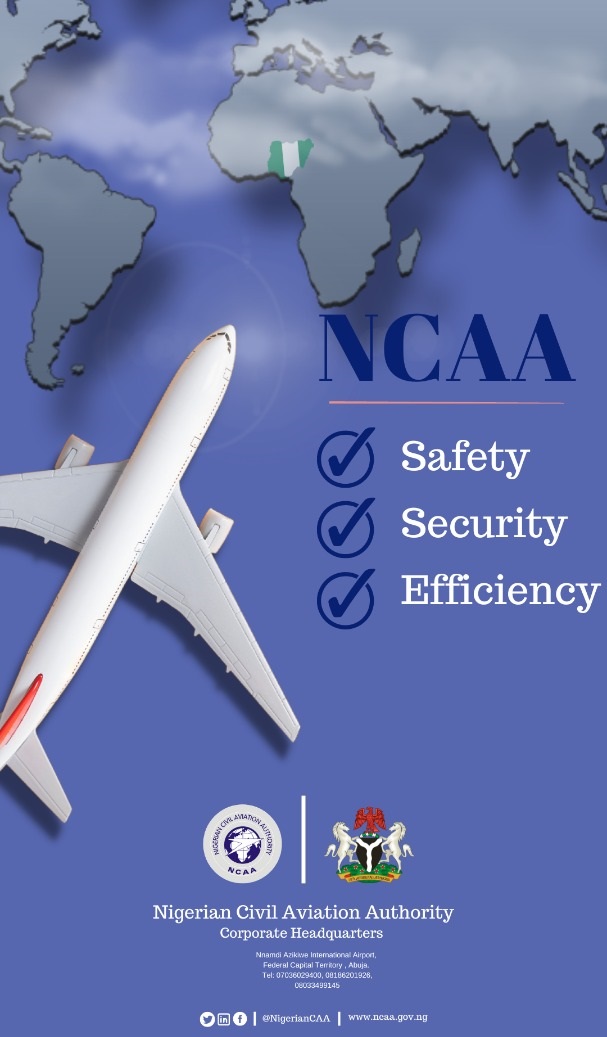Chief Executives Officers of airlines operating in Nigeria, under the aegis of, Airline Operators of Nigeria, (AON) has denied owing Nigerian Civil Aviation Authority (NCAA) the sum of N15billion as proceeds of Tickets and Cargo Sales Charges (TSC) collected on behalf of the regulatory authority.
The airline operators who described the claim by NCAA as phantom which should not had been brought to public glare, however demanded the audit of NCAA’s accounts and clarity before introduction of the proposed automation process.
Rising from an emergency meeting of its members during the week, AON, stated in very strong terms that it does not owe NCAA the N15bn as claimed by the Authority in a press statement issued to the media few days ago.
“We are still at loss as to why the NCAA makes such a phantom claim publicly. The recently published breakdown in the media of what airlines owe of each passenger is completely wrong and false,” the airline operators claimed.
Affirming its position further, AON which argued that airlines don’t pay monthly fixed rates, posited: “The rate is a percentage of the fare paid by passengers” asking, “how can an airline like Arik Air with 27 airplanes have a fixed monthly remittance rate of N61, 477,779.69 and Air Peace with an average of five airplanes to pay N109,862,633.84 monthly? At what rate were these figures calculated to get a fixed amount?”
Dwelling on the figure released by NCAA, AON said noted that majority of the airlines mentioned on the debtors list are either not in operations or under government receivership while some of the are not registered in Nigeria.
“80 per cent of the bills are from airlines that are either out of operation or in receivership with the government today. Moreover, a couple of the airlines that make up the phantom numbers are not Nigerian registered airlines such as Cronos and Africa World Airlines (AWA). It is obvious that the phantom numbers cannot ad up.
It therefore pleaded that NCAA should reconcile its accounts so that innocent operators would not be made to bear the burden of culpable operators.
“We, the airlines are working and struggling to stay afloat in a harsh terrain and made to bear the sin of others. NCAA should come out with a true picture of things.
It therefore challenged NCAA to come open with the breakdown of how it arrived at the phantom bill of N15bn and publish the details of the airlines and what they owe. Noting that doing so would erase the negative impression being fed the public as “it will reveal that the debts are owed by airlines that have now either been taken over by government (AMCON) or is a historic debt owed majorly by airlines that have gone out of business over the years due to the harsh environment, unfriendly polices and the continued burden of multiple charges or falsified account that can’t stand the test of an external audit or a law court trial.”
The body argued further that if NCAA account is subject to thorough audit, it would be discovered that existing airlines in the country do not owe a fraction of what NCAA claimed.
Accepting that debts are not peculiar to businesses operating in Nigeria, AON however said what matters are that the debts are serviced.
It said, “most of the current and active 29 AOC holders operating airlines are servicing their debts as agreed between themselves and the relevant agencies after the usual reconciliations”.
AON has however offered to pay for the service of reliable independent auditing firm that is contracted to handle the job auditing firm to audit NCAA as an organisation, and the N15bn NCAA claims airlines owe.
”We therefore encourage the NCAA to take advantage of this offer and open its books for this Audit to take place so the general public which we believe have been misinformed will get the true picture of the real situation. The exaggeration by NCAA is tarnishing to the good image of the airlines and as such, AON is unhappy with this unfortunate, damaging and misleading pronouncement by the NCAA.”
On the call for automation, AON has demanded for clarity of the process and those behind it.
It however expressed its fears on the need for NCAA to engage the service of a third party to facilitate the automation process and collect revenue on behalf of NCAA.
It claimed that “when the dust settles the airlines and poor passengers would be forced indirectly to pay for such missing monies and court judgments by levies or below standard services due to diverted funds.
While the airline operators reject the proposed idea, it suggested that NCAA should collect its revenue by itself or through IATA which is the norm worldwide.
It also said that the operators are not calling for the cancellation or suspension of the 5 per cent on passengers but it demands for suspension of the automation till we have clarity of the cloudiness on what the 5 per cent should be applied to.
It therefore urged NCAA to come clear and also inform the public that existing airlines are currently paying the 5 per cent TSC and not dodging or seeking for ways to avoid paying as wrongly speculated by certain uninformed individuals and hired public organizations.
It would be recalled that NCAA in a recent press statement, it relied on Part 18.12.4 of the Nigeria Civil Aviation Regulations (Nig.CARs 2015) to state that “the 5% air ticket sales charge shall be based on the total cost of travel paid by passengers to the airline. This shall be the cost of ticket inclusive of fuel surcharge or any other charge added to the total cost of travel by the airline exclusive of government value added tax or any other tax that may be imposed by government from time to time.”
This, AON argued is however contrary to the provisions of Part V.12.1. of the Civil Aviation ACT 2006 (which actually supersedes the Nig.CARs of 2015) that states that “There shall continue to be a 5% air ticket contract, charter and cargo sales charge to be collected by the airlines and paid over to the Authority.” There was no mention anywhere about what constitutes the 5 per cent or that it includes fuel surcharge or any other charge whatsoever. It is important to point out that over the years; regulations are deliberately or ignorantly made ambiguous for other reasons than progress. The standard fair base (NUC) is what IATA and all other aviation agencies use across the world. Why should it be different in our ACT?”.
During the introduction of 5% TSC (which was based on the NUC) in 2001, many of the charges domestic carriers pay today were not in existence. The 5% TSC (NUC) was introduced and agreed to make the Authority not dependent on funds from government and autonomous, many other charges not exiting before have been introduced now and domestic airlines have been paying the 5% TSC as well as the other charges.


